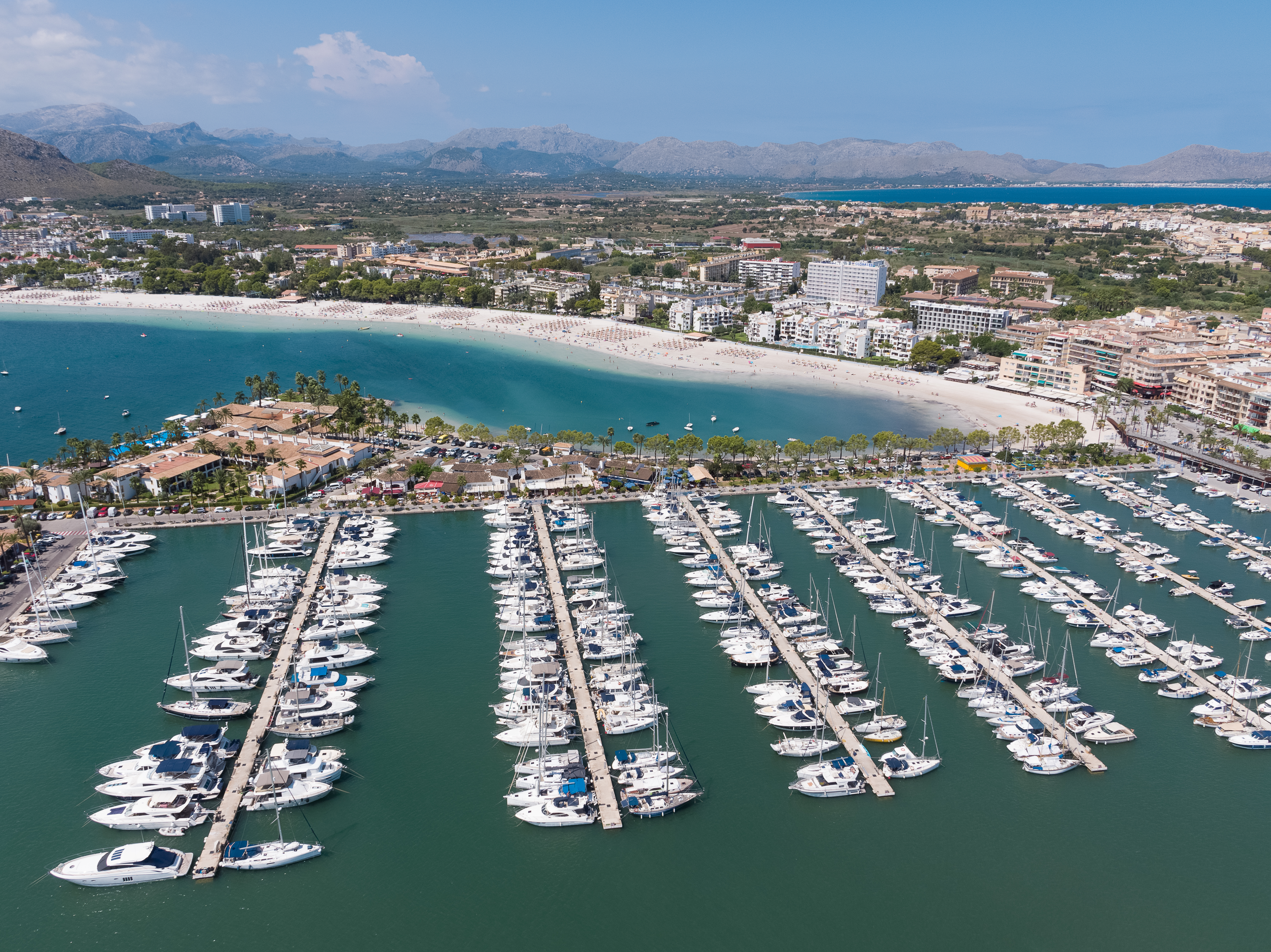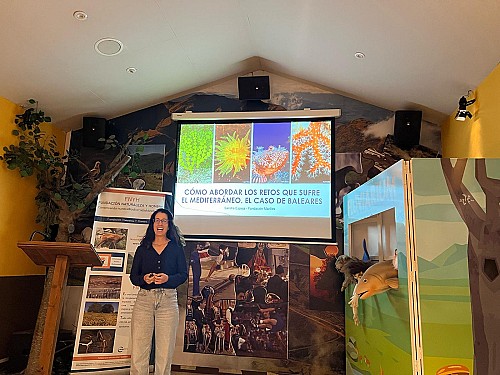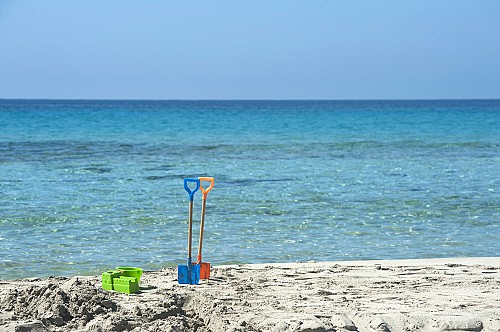A hot summer is approaching in every sense of the word. Those of us who have been swimming in the sea for weeks or months already know that the water temperature is unusually high. It’s between 1.5 and 2 degrees above what would be normal for this time of year. This is extremely worrying, especially considering that it is only the beginning of June, and the warmer months are still to come. It has been shown that when the sea temperature exceeds 28 ºC, Posidonia mortality increases notably.
Warmer water facilitates the spread of invasive species and pathogenic organisms. If we also add excess nutrients due to untreated water filtration – a phenomenon that is still all too frequent in the Balearic Islands – we will see algal blooms, explosions of microalgae that turn the water green and make it unsuitable for bathing. This phenomenon occurs more easily in calm or shallow water and often with strong human pressure.
All records are expected to be broken, both in terms of visitors and boats. All in all, it looks like a summer with strong pressures on the environment and high risk for the economic sectors that depend on it. Loss of environmental quality always translates into economic loss. It is unquestionable that having too many people on the islands and in the sea reduces the quality of the experience for the visitor, the resident, and the sailor. The objective of ‘growing in quality, not quantity’ seems to be taking hold in Balearic society, but actions continue to be more typical of what has always been the case. The head says one thing, and the body does another.
The debate that preceded the approval of the new tourism law has not only highlighted this contradiction, but also the great polarisation that exists on the subject. For some, it is not enough and for others, it is a radical change. Without going into the merits and demerits of the law, one thing has been achieved: the limits and carrying capacity of the archipelago have been discussed and debated, an issue that the public and private sectors are reluctant to tackle in depth, but which is more necessary than ever in a summer like the one approaching.
ANIOL ESTEBAN - Director
Access the full content of the June newsletter.





